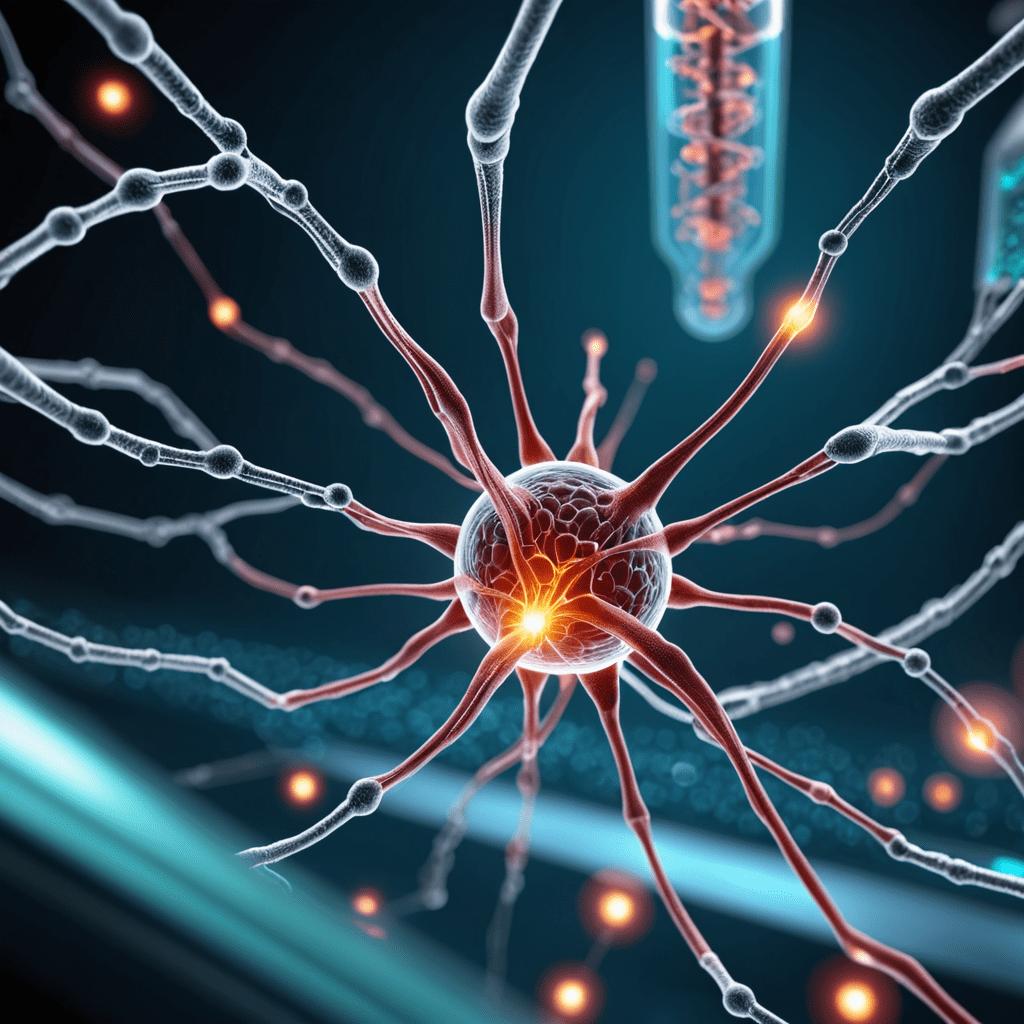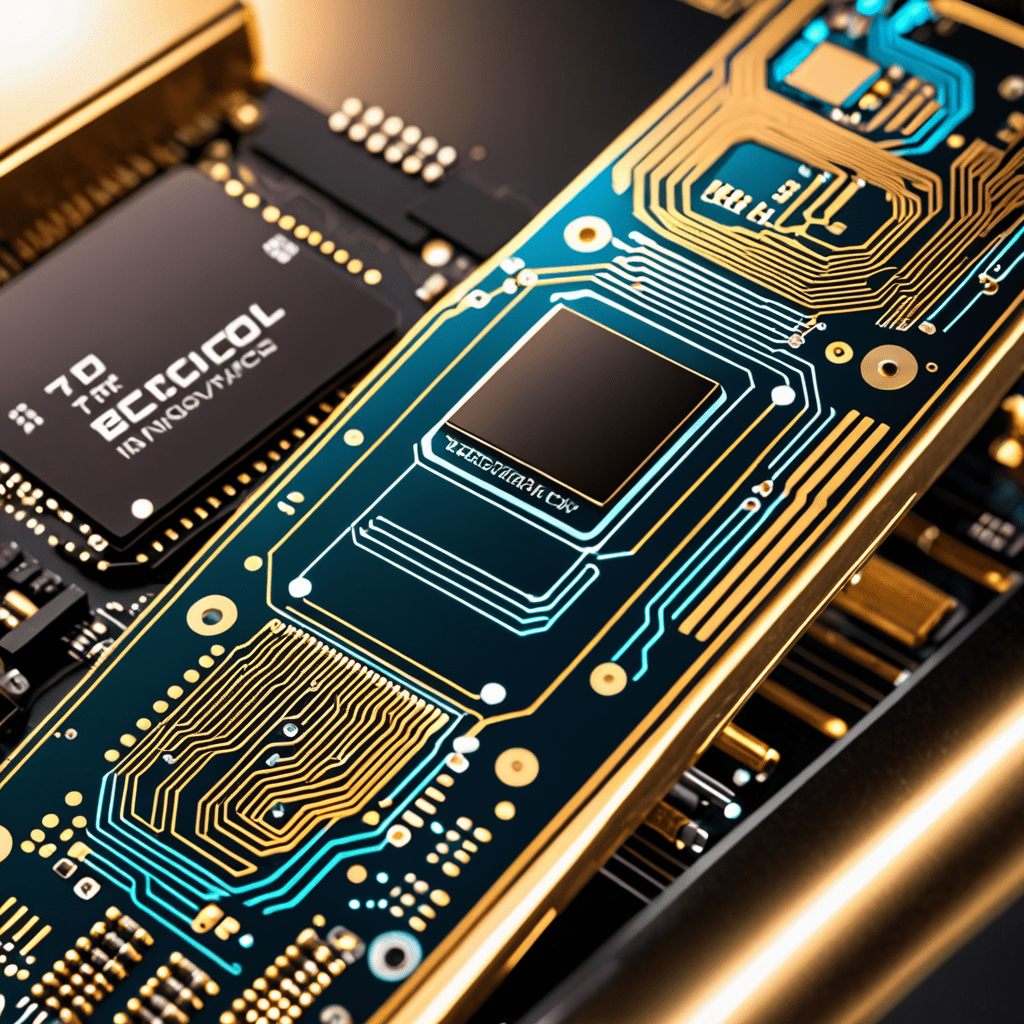The Revolutionary Impact of Nanotechnology in Medicine
Nanotechnology, the manipulation of matter on an atomic and molecular scale, has emerged as a game-changer in the field of medicine. Its applications offer groundbreaking solutions to various medical challenges.
Targeted Drug Delivery Systems
Nanotechnology enables the precise targeting of drugs to specific cells or tissues in the body. This targeted delivery enhances drug effectiveness, reduces side effects, and improves patient outcomes.
Diagnostic Tools and Imaging Techniques
Nanoparticles can be engineered to detect biomarkers and abnormalities at the cellular level, revolutionizing diagnostics. Nanotechnology-based imaging techniques provide high-resolution images for early disease detection.
Regenerative Medicine and Tissue Engineering
Nanomaterials play a crucial role in regenerative medicine by facilitating tissue regeneration and promoting healing. Nanotechnology is instrumental in developing artificial organs and scaffolds for tissue engineering.
Therapeutic Applications of Nanoparticles
Nanoparticles are used in cancer therapy, delivering drugs directly to tumors while minimizing damage to healthy tissues. They also show promise in gene therapy, enhancing treatment efficacy.
Challenges and Ethical Considerations
Despite its immense potential, nanotechnology in medicine faces challenges such as regulatory hurdles, toxicity concerns, and ethical implications. Continued research and ethical guidelines are essential for safe and effective implementation.
Future Prospects and Innovations
The future of nanotechnology in medicine is bright, with ongoing advancements in targeted therapies, personalized medicine, and nanorobotics. Collaborative efforts between scientists, healthcare professionals, and policymakers are vital for realizing the full potential of nanomedicine.
FAQs About Nanotechnology Applications in Medicine
What is nanotechnology and how is it applied in medicine?
Nanotechnology involves manipulating matter on a molecular or atomic scale. In medicine, this technology is used to create nanoscale materials and devices for various applications.
What are some examples of nanotechnology applications in medicine?
Nanotechnology is used in targeted drug delivery systems, diagnostics, imaging, regenerative medicine, and cancer treatment, among others. Nanoparticles can carry drugs directly to diseased cells, improving efficacy and reducing side effects.
How does nanotechnology improve medical treatments?
Nanotechnology allows for precise targeting of specific cells or tissues, enhancing treatment effectiveness. It enables early disease detection through sensitive diagnostic tools and personalized medicine tailored to individual patient needs.
Are there any risks associated with using nanotechnology in medicine?
While nanotechnology offers significant benefits, there are concerns about potential toxicity, environmental impact, and long-term effects on human health. Researchers continually assess and manage these risks to ensure the safe use of nanomaterials in medicine.



